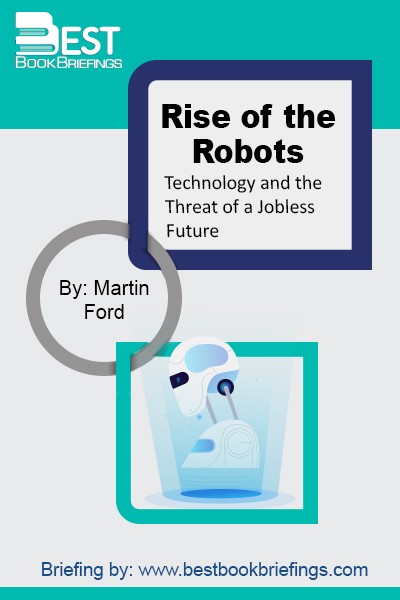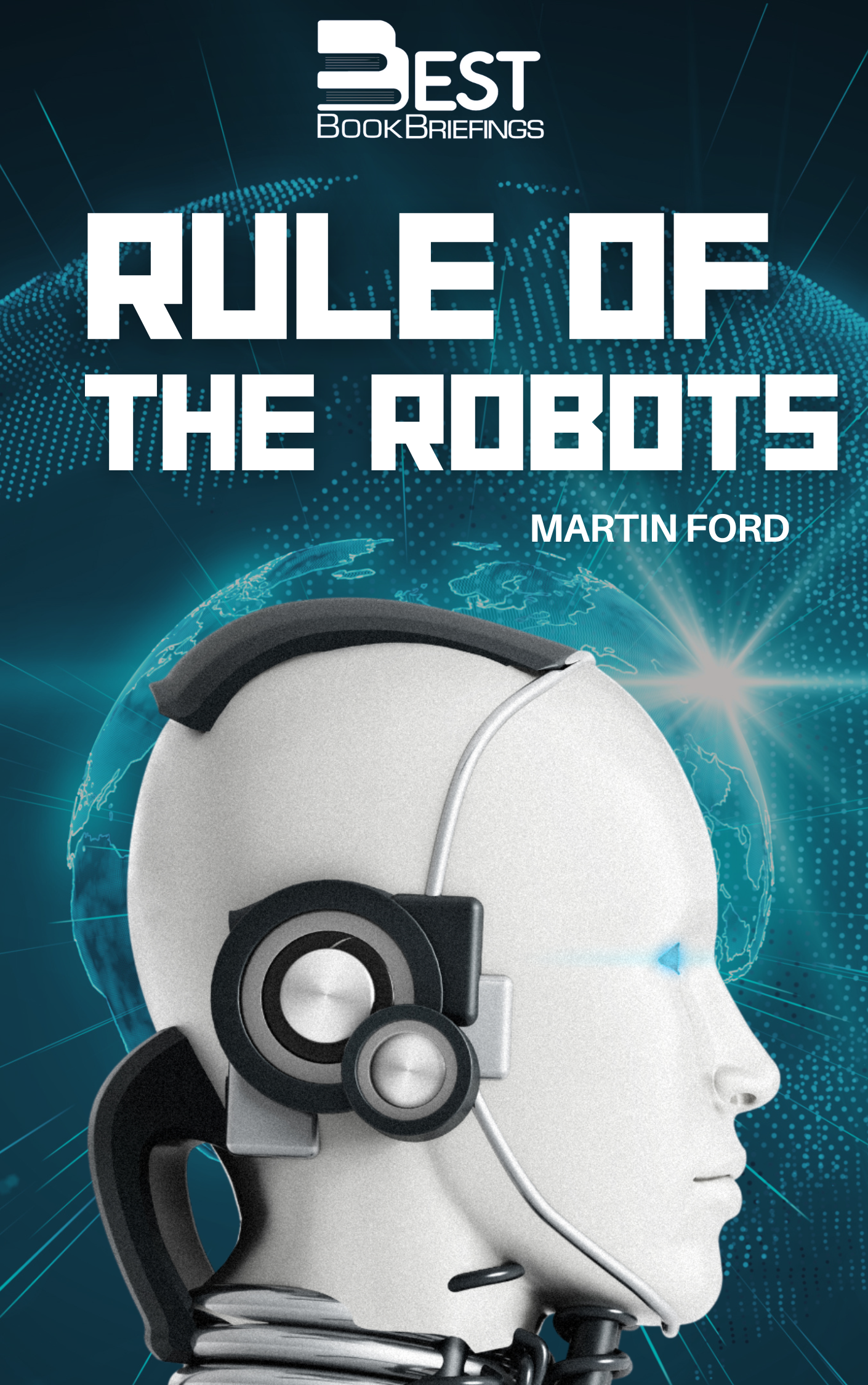Rise of the Robots
Technology and the Threat of a Jobless Future
Number of pages: 368
Publisher: Basic Books
BBB Library: Technology and Globalization
ISBN: 978-0465097531
Editorial Review
One widely held belief that is certain to be challenged is the assumption that automation is primarily a threat to workers who have little education and lower-skill levels. That assumption emerges from the fact that such jobs tend to be routine and repetitive. Before you get too comfortable with that idea, however, consider just how fast the frontier is moving. At one time, a “routine” occupation would probably have implied standing on an assembly line. The reality today is far different. While lower-skill occupations will no doubt continue to be affected, a great many college-educated, white-collar workers are going to discover that their jobs, too, are squarely in the sights as software automation and predictive algorithms advance rapidly in capability.
Book Reviews
Books on Related Topics
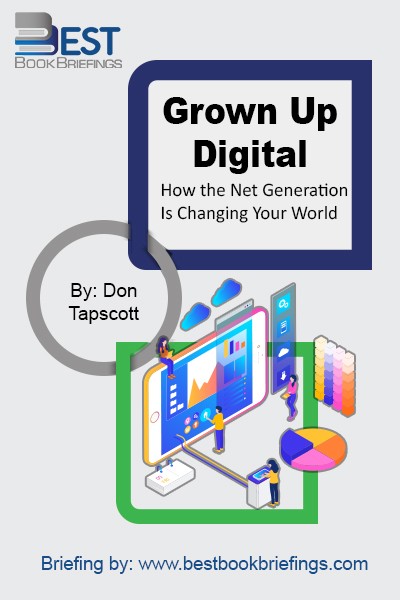
Grown Up Digital reveals: How the brain of the Net Generation processes information. Today's young people are using technology in ways you could never imagine. Instead of passively watching television, the Net Geners are actively participating in the distribution of entertainment and information. For the first time in history, youth are the

Young people growing up in our time are not only immersed in apps: they’ve come to think of the world as an ensemble of apps, to see their lives as a string of ordered apps, or perhaps, in many cases, a single, extended, cradle-to-grave app. (We’ve labeled this overarching app a
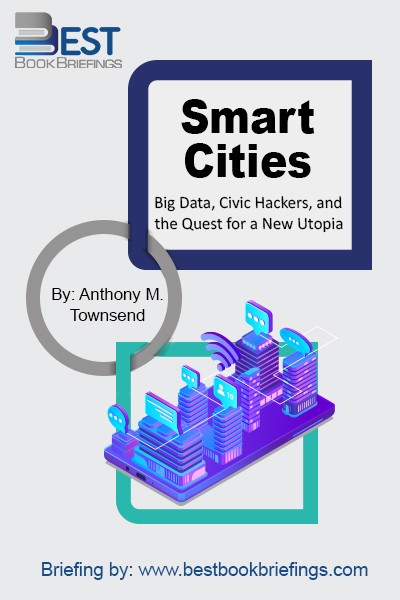
Cities worldwide are deploying technology to address both the timeless challenges of government and the mounting problems posed by human settlements of previously unimaginable size and complexity. In Smart Cities, urbanist and technology expert Anthony Townsend takes a broad historical look at the forces that have shaped the planning and design
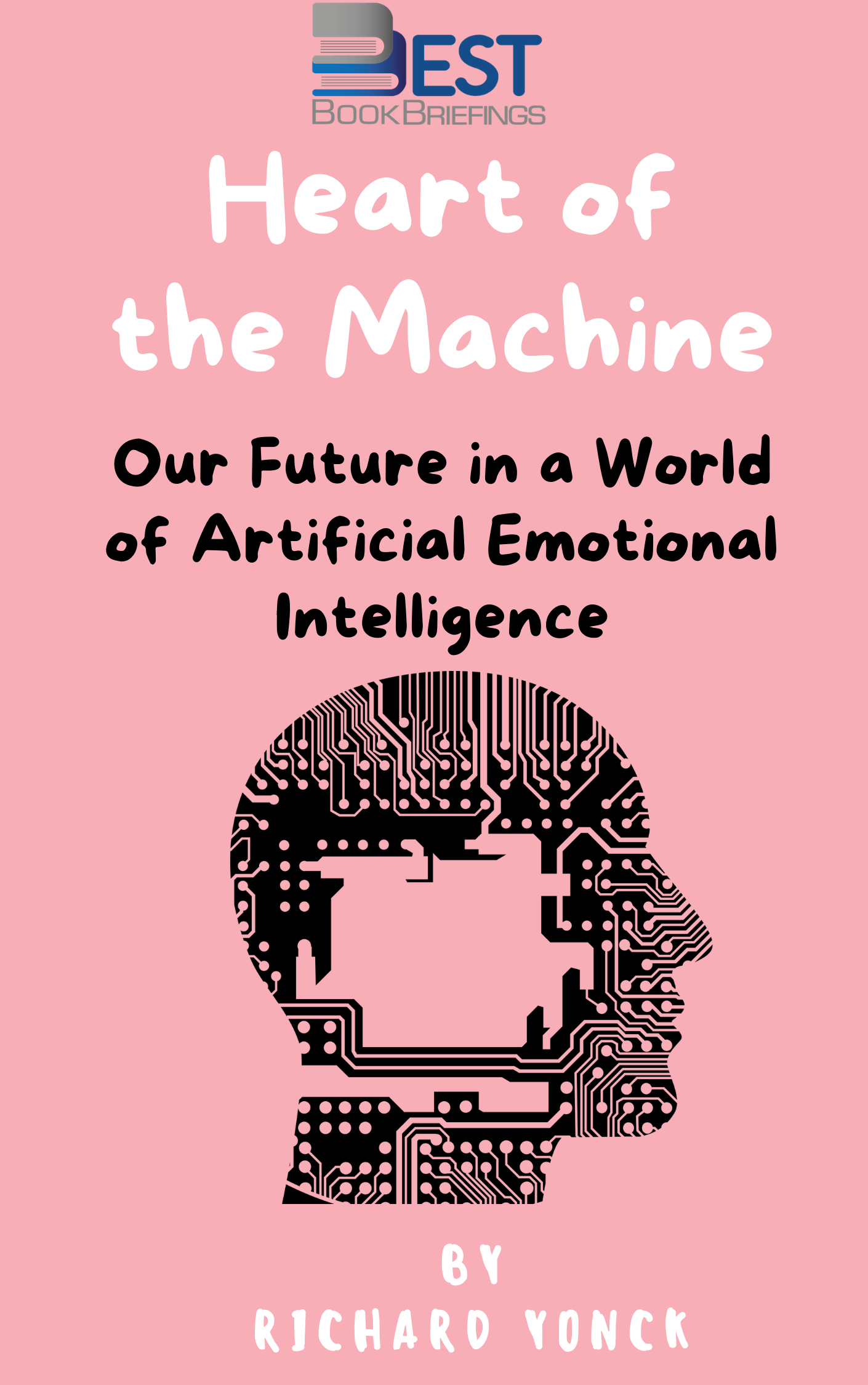
Instilling emotions into computers is the next leap in our centuries-old obsession with creating machines that replicate humans. But for every benefit this progress may bring to our lives, there is a possible pitfall. Emotion recognition could lead to advanced surveillance, and the same technology that can manipulate our feelings could
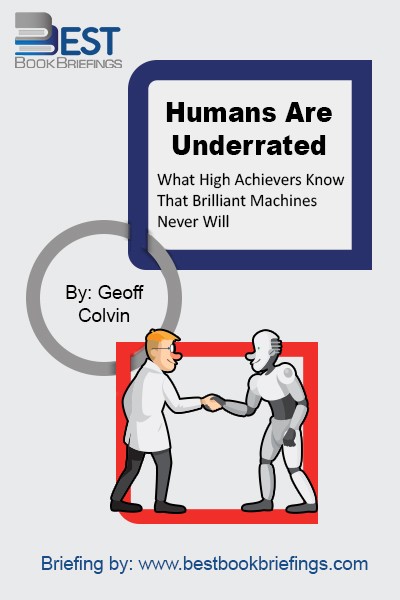
In the economy of a few years from now, what will people do better than computers? Technology is rapidly invading fields that it once could not touch, driving cars better than humans do, predicting Supreme Court decisions better than legal experts, packing boxes, identifying faces, scurrying around hospitals delivering medications, all

